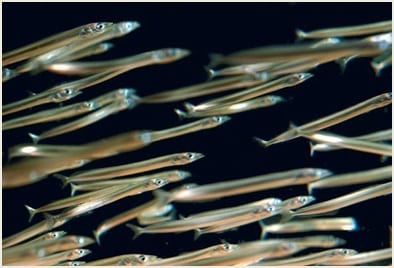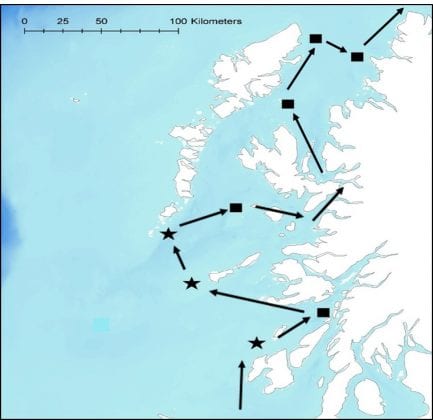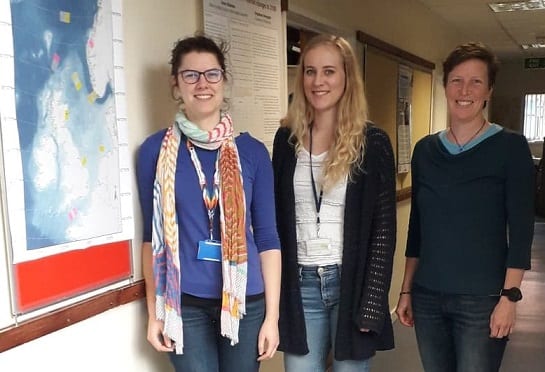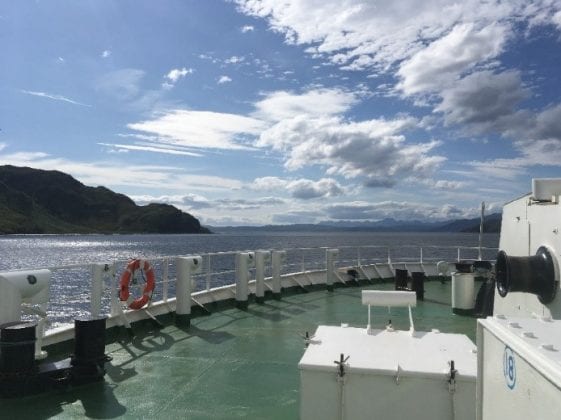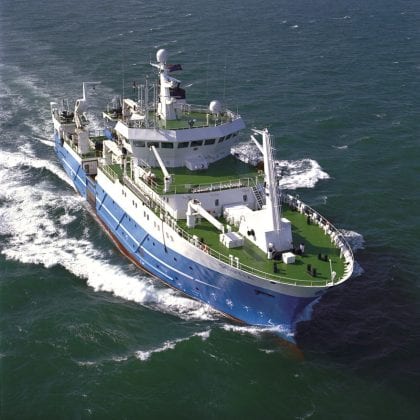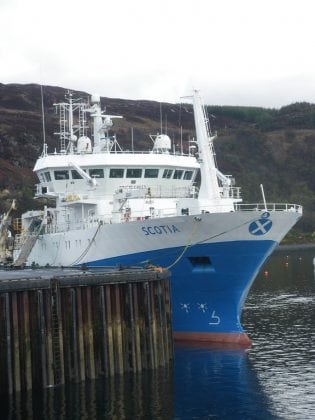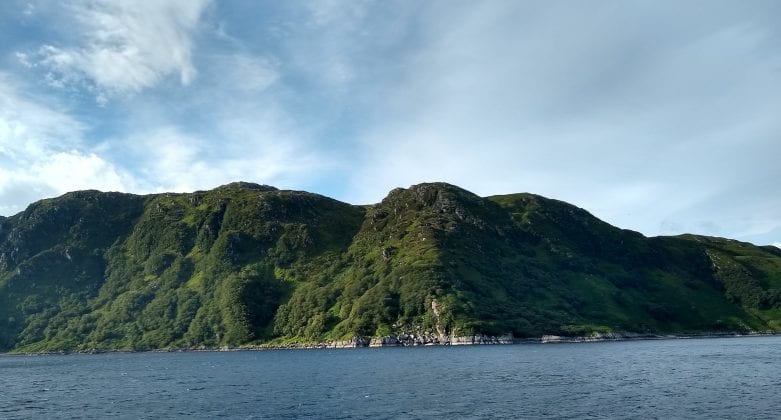Marine
-
Recent Decrease in Ocean Salinity in the North Atlantic Waters off Scotland
31st January 2020 by Marine Directorate Communications
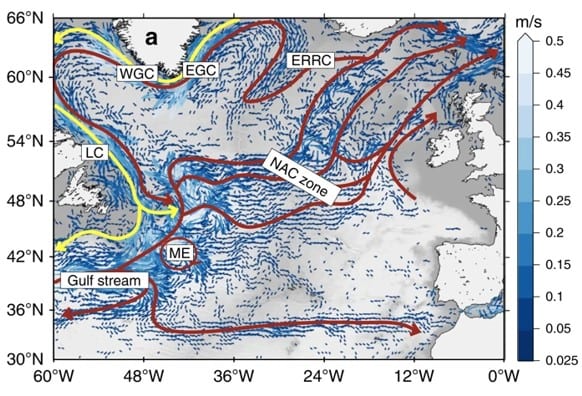
Research published in Nature Communications this week has investigated the recent, large reduction in salinity measurements in the North Atlantic Ocean. Evidence of this surface salinity change includes the time series collected by Marine Scotland Science in the Faroe-Shetland Channel. Scientists observed the freshening event over a large region of the North Atlantic, extending from...
-
Exploring the Effects of Climate Change on Marine Food Webs
29th October 2019 by Marine Directorate Communications

Three researchers (T. Regnier, F. M. Gibb and P. J. Wright) from Marine Scotland Science (MSS) have had their paper entitled “Understanding temperature effects on recruitment in the context of trophic mismatch” published in the journal Scientific Reports. The paper looks to address the impacts of climate change in Scotland’s marine environment and fish stocks....
-
Ocean Acidification and the Damage it can Cause
21st October 2019 by Marine Directorate Communications
Dr Pablo Leon Diaz, Plankton Ecologist in Marine Scotland Science, has just had a paper “Relationship between shell integrity of pelagic gastropods and carbonate chemistry parameters at a Scottish Coastal Observatory monitoring site” published in the ICES Journal of Marine Science. The paper presents the first investigation of the impacts of ocean acidification on shell-forming...
-
Marine Mammals, Sediment Sampling and Looking for a Missing Buoy
21st October 2019 by Marine Directorate Communications

MRV Alba na Mara Survey: 1819A Duration: 21 – 31 October 2019 Objectives: Recover and redeploy marine mammal monitoring moorings with acoustic releases, at eight sites in the Sea of the Hebrides and North Minch. Collect sediment samples at a number of sites south of Skye. Attempt to locate and recover ‘missing’ buoy close to...
-
Science Colleagues get ‘Girls into Physics’
8th October 2019 by Marine Directorate Communications

Today on Ada Lovelace Day we hear from one of our colleagues, Louise Campbell (shown middle in picture above), about her involvement with ‘Girls into Physics’ events and why she is keen to dispel the myth of how difficult and hard physics is. Read on for Louise’s story and for more information about events taking...
-
Scotia’s Hunt for Organic Carbon
21st August 2019 by Marine Directorate Communications

I am a second-year PhD student at the University of St Andrews and was recently very fortunate to be one of the research scientists aboard the Scotia 1019S survey that took us across Scotland’s seas at the end of July. Following an unpredictable summer, we weren’t sure of what to expect weather-wise at sea. However,...
-
Coring the Scotia on-board the Scotia
16th August 2019 by Marine Directorate Communications

It is 0300 in the morning and the MRV Scotia is steaming to the eastern section of the Fladen ground, in the central North Sea. We have received the go-ahead to run a short survey over the giant Scanner and Scotia pockmark complexes. These large conical shaped depressions found occasionally in the North Sea and...
-
Scotia and Carbon
13th August 2019 by Marine Directorate Communications

The 1019S Scotia cruise (21–31 July) was a 10 day long oceanographic research cruise focusing on the role of carbon within the marine environment, primarily within the water column and marine sediments. I took part in this cruise in order to gather samples for use in my PhD research project from hot spot fishing grounds...
-
Scotia Amongst the Fjords
5th August 2019 by Marine Directorate Communications

I was one of 11 scientists on-board the MRV Scotia seeking to better understand carbon dynamics in the sediments and water column around Scotland. My personal goal was to sample sea lochs (fjords) around the northern and western coast of Scotland. Fjords are globally recognised as hotspots for the burial and storage of organic carbon...
-
Marine Scotland Contributes to International Publication on Ocean Acidification
25th July 2019 by Marine Directorate Communications
Concern is growing globally about the impacts of ocean acidification (OA) on the marine environment. OA results from a change in the carbonate chemistry of the ocean making it more acidic, primarily as a result of the increased uptake of carbon dioxide from the atmosphere. This increased acidity of seawater may negatively impact many marine...

